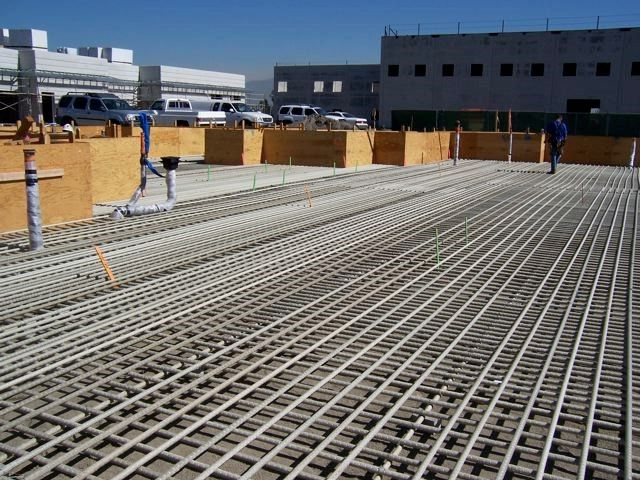- July 3, 2024
- Posted by: wellcoindustries
- Category: Rebar
In the world of construction, the choice of materials plays a crucial role in the durability and longevity of structures. One material that has been gaining significant attention in recent years is fiberglass rebar. Known for its superior properties compared to traditional steel rebar, fiberglass rebar is becoming a popular choice among engineers and builders. This comprehensive guide delves into the benefits, applications, and comparisons of fiberglass rebar, highlighting why it might be the ideal choice for your next construction project.

What is Fiberglass Rebar?
Fiberglass rebar, also known as FRP (Fiber Reinforced Polymer) rebar, is a type of reinforcement bar made from composite materials, primarily glass fibers and a resin matrix. Unlike traditional steel rebar, which is prone to corrosion and rust, fiberglass rebar offers a range of benefits that make it a preferred choice in certain construction scenarios. Its non-corrosive nature, combined with a high strength-to-weight ratio, positions it as a modern solution for reinforcing concrete structures.
Benefits of Fiberglass Rebar
- Corrosion Resistance: One of the most significant advantages of fiberglass rebar is its resistance to corrosion. This makes it particularly suitable for environments exposed to water, chemicals, and other corrosive elements.
- Lightweight Nature: Fiberglass rebar is considerably lighter than steel rebar, making it easier to handle and transport. This reduces labor costs and enhances safety on construction sites.
- High Tensile Strength: Despite its lightweight nature, fiberglass rebar boasts high tensile strength, ensuring the reinforced concrete can withstand substantial loads and stresses.
- Non-conductive Properties: Being non-conductive, fiberglass rebar is ideal for use in applications where electrical insulation is crucial, such as in industrial facilities and electrical substations.
- Longevity and Durability: The durability of fiberglass rebar contributes to the extended lifespan of structures, reducing the need for frequent repairs and maintenance.
Applications of Fiberglass Rebar
Fiberglass rebar finds its use in various construction scenarios:
- Marine and Coastal Structures: Due to its excellent corrosion resistance, fiberglass rebar is ideal for docks, seawalls, and other marine constructions.
- Highway and Bridge Construction: Its strength and durability make it suitable for highways and bridges, where long-term performance is essential.
- Industrial Facilities: Non-conductive and resistant to chemicals, fiberglass rebar is perfect for industrial environments.
- Commercial and Residential Buildings: Lightweight and easy to install, fiberglass rebar is becoming increasingly popular in building construction.
Cost and Installation
While the initial cost of fiberglass rebar might be higher than that of steel rebar, the long-term savings are significant. Its resistance to corrosion reduces maintenance costs and extends the life of the structures. The installation process is similar to that of steel rebar, with some adjustments needed for its lightweight nature and different handling characteristics.
Fiberglass Rebar vs. Steel Rebar
When comparing fiberglass rebar to steel rebar, several factors come into play:
- Strength and Durability: Both materials offer high tensile strength, but fiberglass rebar has the added benefit of corrosion resistance.
- Environmental Impact: Fiberglass rebar has a lower environmental impact due to its longevity and resistance to rust and corrosion.
- Maintenance and Lifecycle Costs: Structures reinforced with fiberglass rebar require less maintenance, resulting in lower lifecycle costs.
Conclusion
Fiberglass rebar presents a modern, efficient alternative to traditional steel rebar, offering numerous benefits in terms of durability, corrosion resistance, and ease of installation. As the construction industry evolves, incorporating materials like fiberglass rebar can lead to more sustainable and cost-effective building practices. If you’re planning a new project, consider exploring the advantages of fiberglass rebar to enhance the longevity and performance of your structures.
